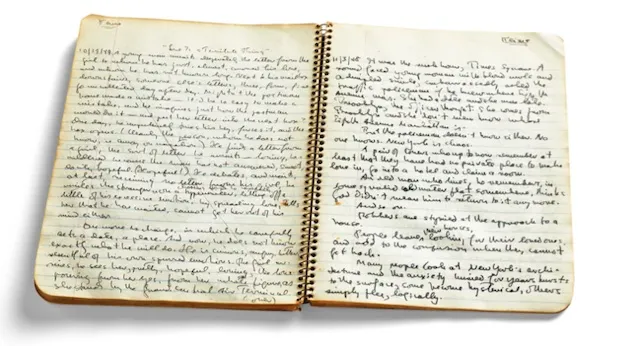Inthe case of good books, the point is notto see how many of them you can getthrough, but rather how many can getthrough you—how many you can makeyour own
This is not only a nice quote by itself, but seems to be saying something deeper to me about productivity.
There's a difference in productivity for it's own sake, but being both productive in the send of time spent efficiently and productive in the sense of producing something of greater value with your time than you might have spent doing something else which was less valuable, but which might still have been time well spent.
